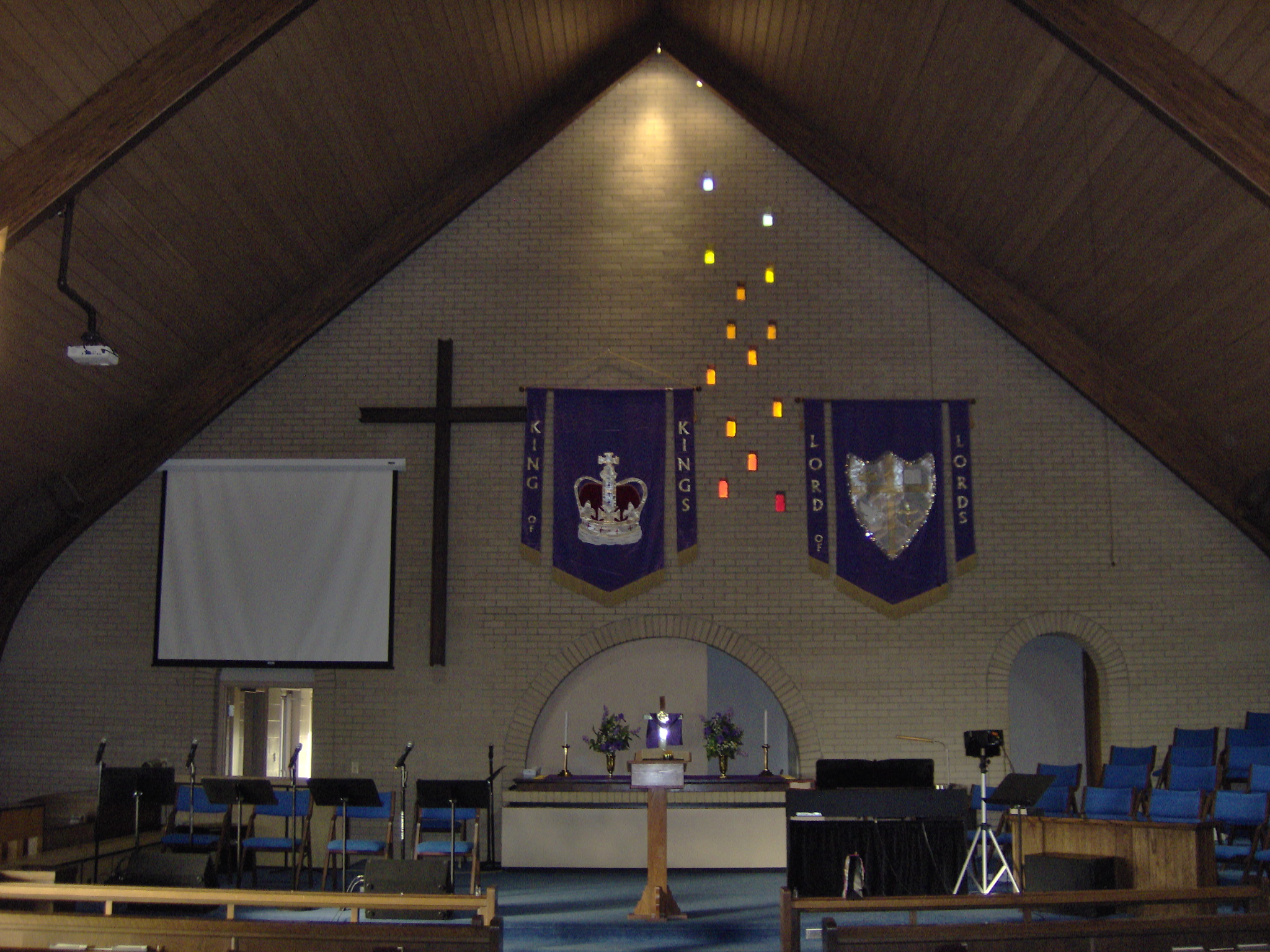At THE CENTER of YOUR FAITH
Matthew 22:34–40 (ESV): 34 But when the Pharisees heard that he had silenced the Sadducees, they gathered together. 35 And one of them, a lawyer, asked him a question to test him. 36 “Teacher, which is the great commandment in the Law?” 37 And he said to him, “You shall love the Lord your God with all your heart and with all your soul and with all your mind. 38 This is the great and first commandment. 39 And a second is like it: You shall love your neighbor as yourself. 40 On these two commandments depend all the Law and the Prophets.”
The Greatest Commandment: Love for God (v. 37-38)
- The Source: Jesus quotes from the Shema in Deuteronomy 6:5, a foundational statement of Jewish faith recited daily.
- Query successful
The Shema Yisrael (or simply Shema) is the central affirmation of faith in Judaism, often referred to as a Jewish prayer.
Here are the key points about the Shema:
- Meaning: The word “Shema” is Hebrew for “Hear” or “Listen” (and implicitly, “obey”). The full opening phrase is Shema Yisrael (ShemaYisrael), which means “Hear, O Israel.”
- Central Affirmation: Its first and most famous line, taken from Deuteronomy 6:4, is: “Hear, O Israel: The Lord is our God, the Lord is One.”
- This verse encapsulates the monotheistic essence of Judaism—the belief in the singularity and oneness of God.
- Source Text: The prayer consists of three passages from the Torah:
- Deuteronomy 6:4–9
- Deuteronomy 11:13–21
- Numbers 15:37–41
- Content: The Shema commands the Jewish people to:
- Love God with all their heart, soul, and might.
- Diligently teach these words to their children.
- Talk about them throughout the day.
- Bind them as a sign on their hand and between their eyes (referring to the practice of Tefillin or phylacteries).
- Write them on the doorposts of their houses and gates (referring to the Mezuzah).
- Recitation: Observant Jews traditionally recite the Shema twice daily, once in the morning and once in the evening, as part of their prayer services.
- Significance: It is considered one of the most important and sacred prayers. It is also traditionally recited by Jews as their last words.
